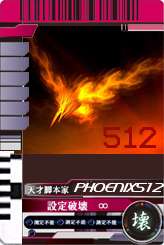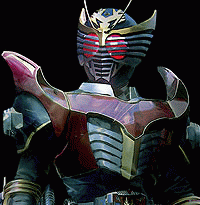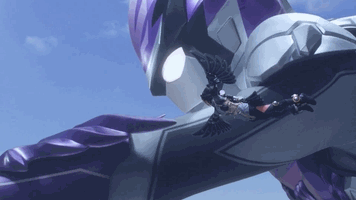In Japanese culture, the honorifics are used to denote the relationship of the person towards them. The problem with straight translation of them is that there isn't really an equivalent that would give the same meaning. Sure -san can be translated as Mr./Mrs. but when a middle school student calls out another middle school student with -san, is the person in question actually calling them Mr/Miss or just a formal way of giving respect? It's probably the latter but how you would give a translation of that which would give the same meaning in English that the original Japanese conveys?Why are things like -san and -tachi or -san-tachi not fully translated or left out? {From Yasin Bulhan}
Also the dropping of honorifics is important in itself. For example in Heartcatch Precure, Tsubomi in the beginning called Erika "Erika-san" which Erika insisted that she drop the -san part. Eventually she did drop the honorific which meant that they were more informal towards each other. For lovers, it means even more when they dropped the honorifics and called each other by their first names (if they haven't already).
I have seen many official subs and how they don't really properly convey these relationships most of the time. I have even seen subs where they have the first name on the sub where the Japanese track was saying the last name.
Now I have a question to pose to you guys. Why do some people hate the idea of keeping the honorifics intact? Is it because you don't know what they mean or rather have barely any Japanese words left untranslated? Or is it some other reason? I'm curious in knowing why. Even if you like the honorifics kept in, provide insight.













